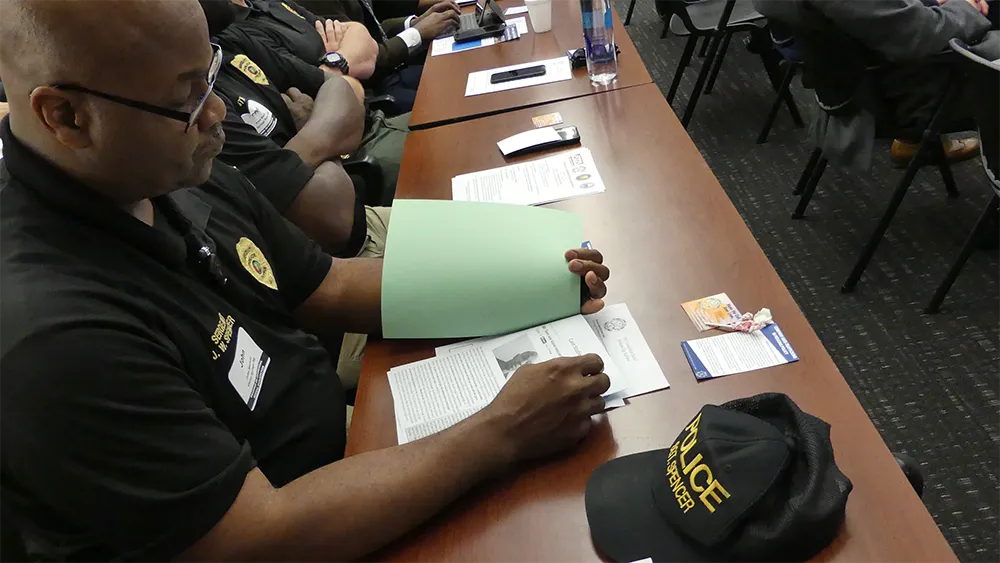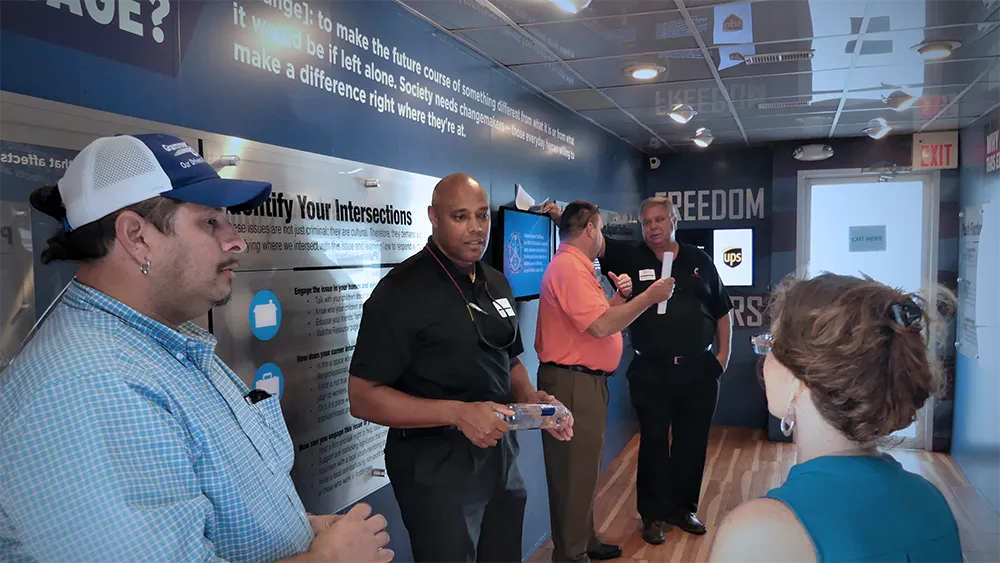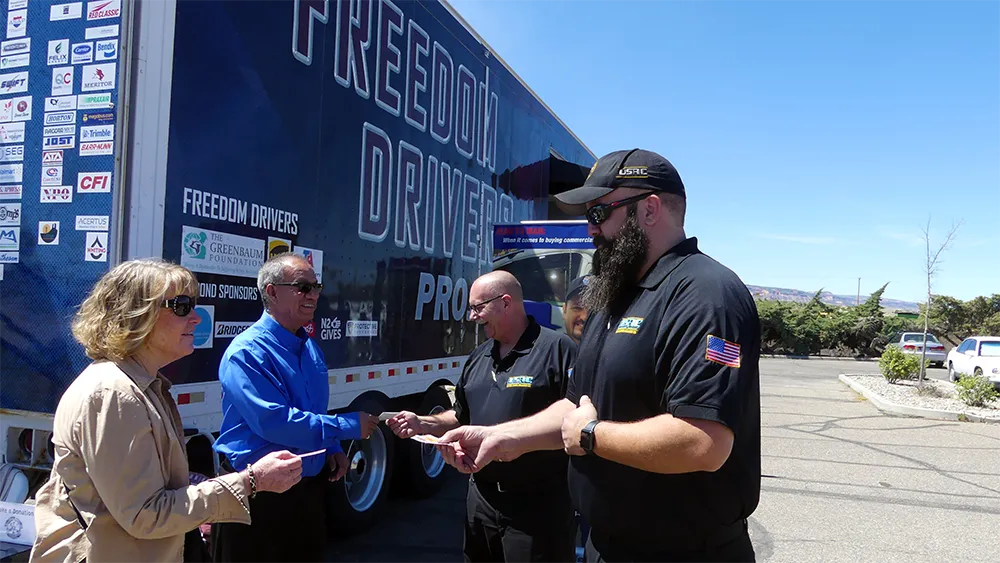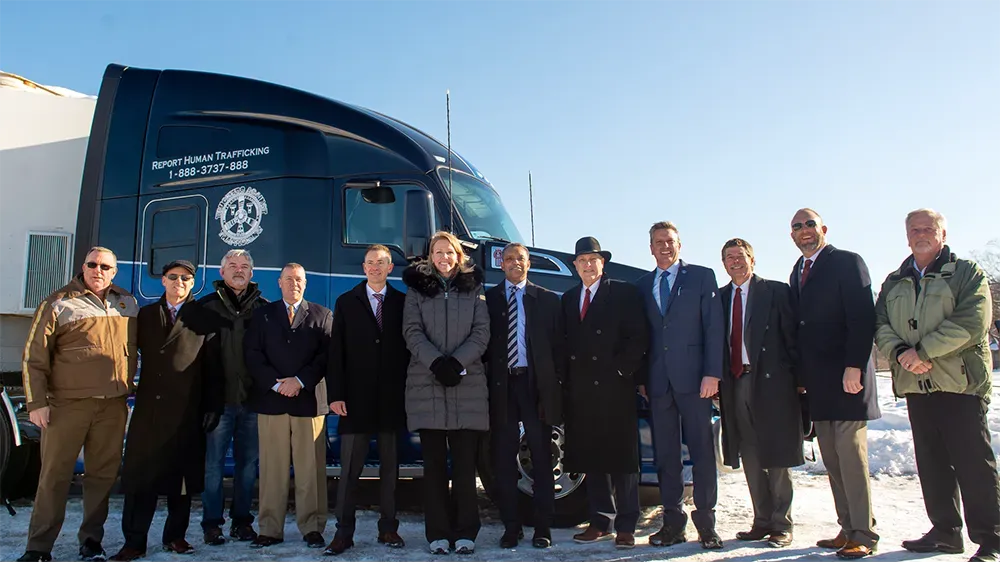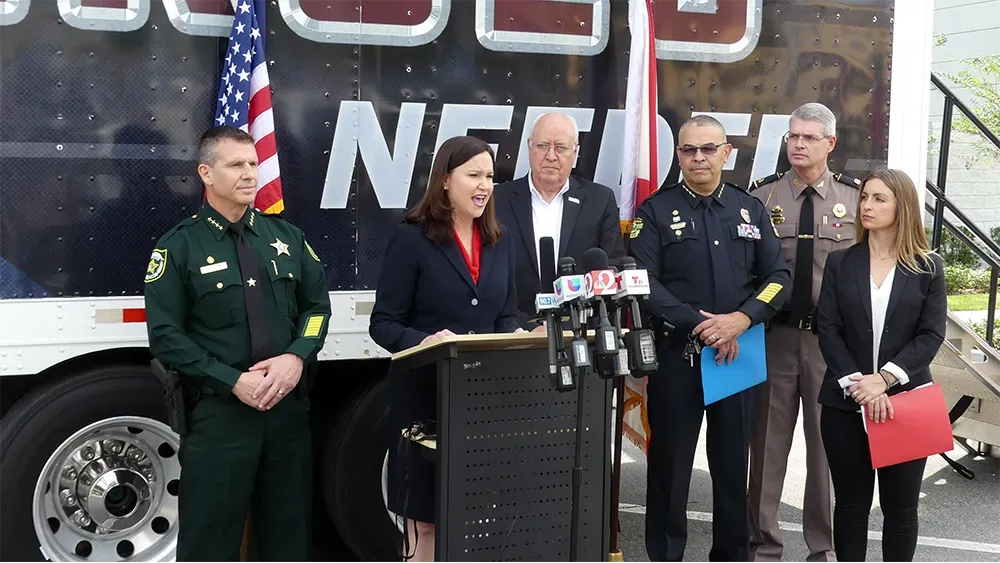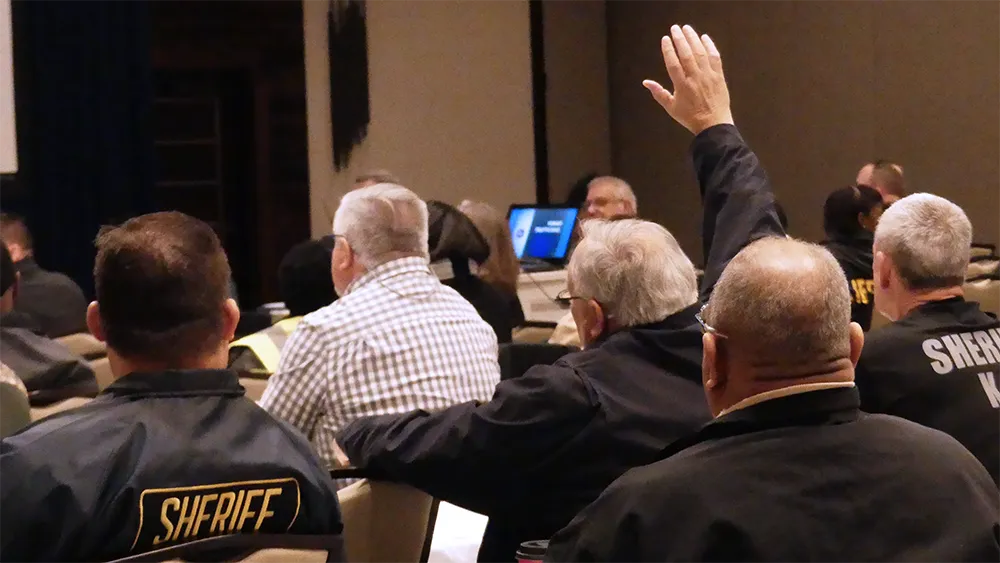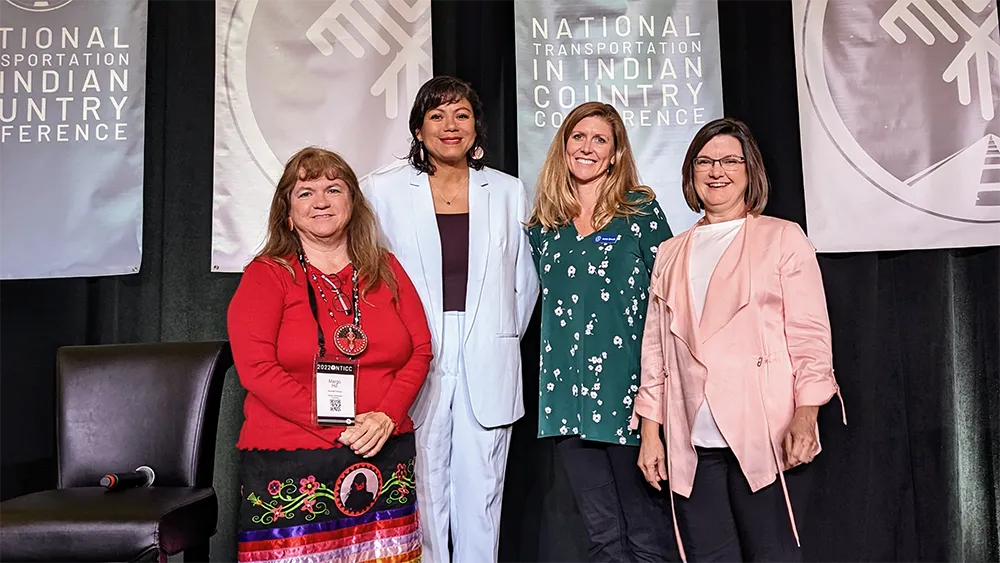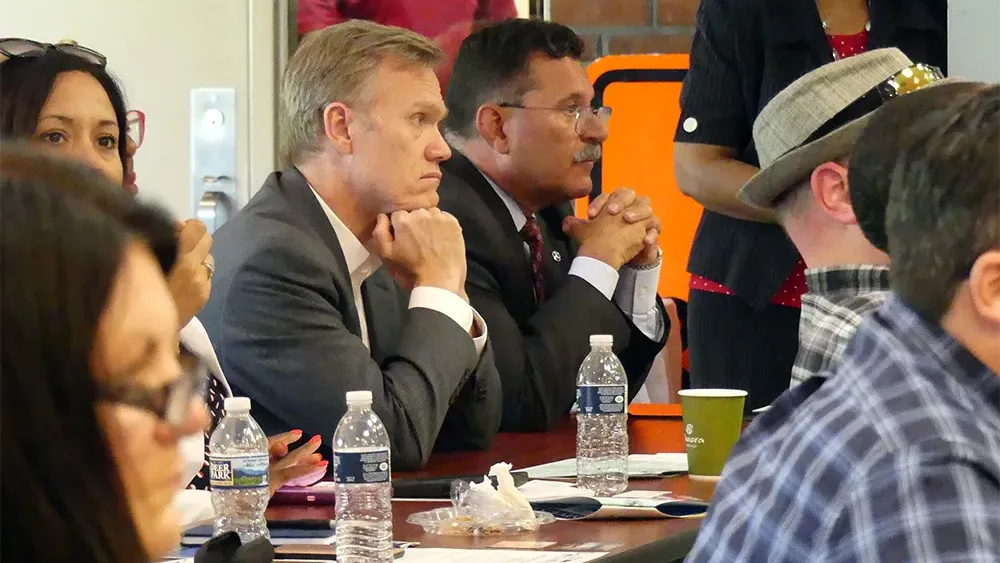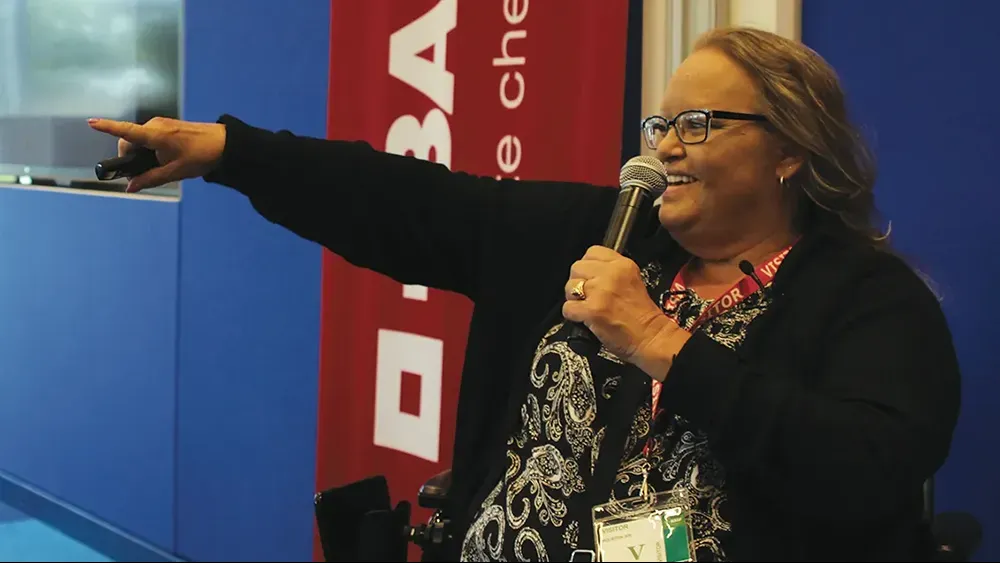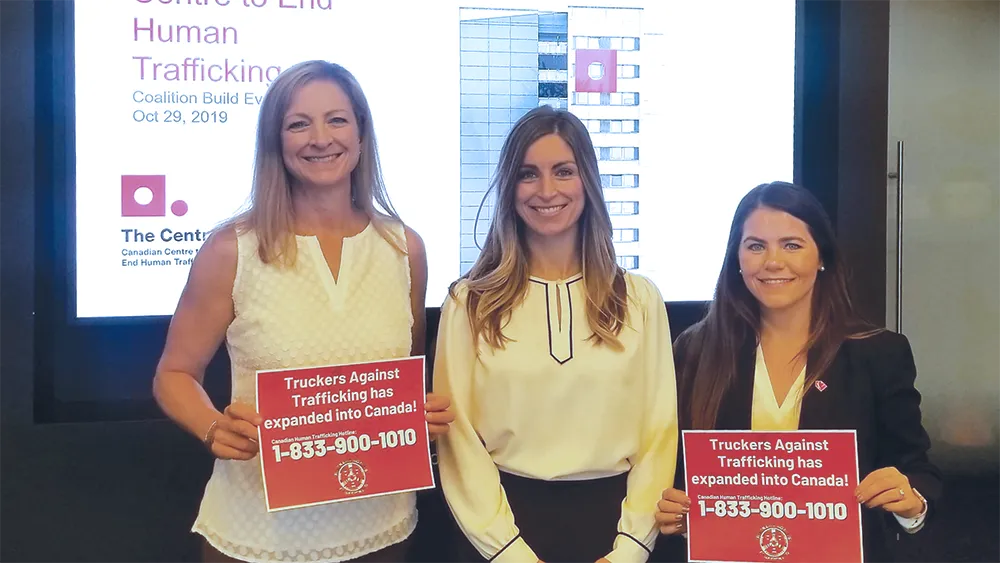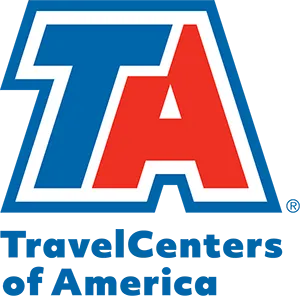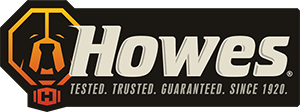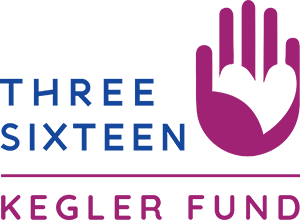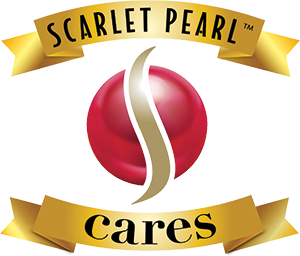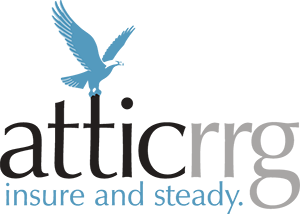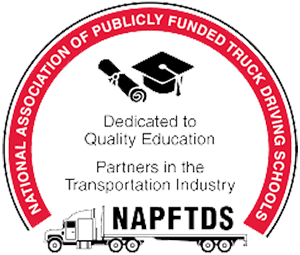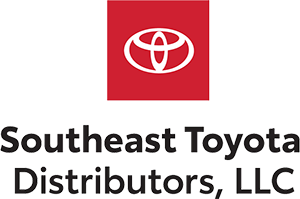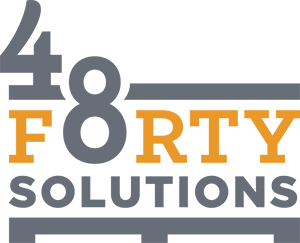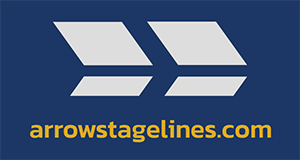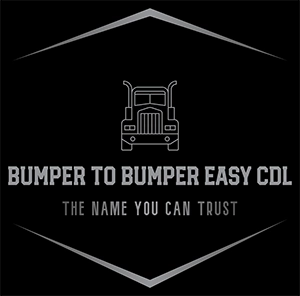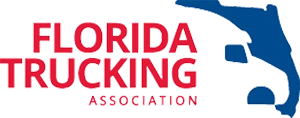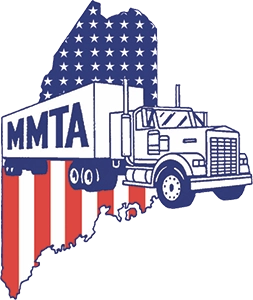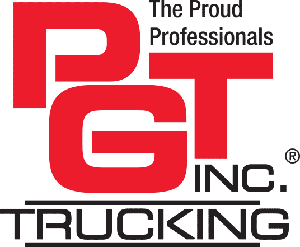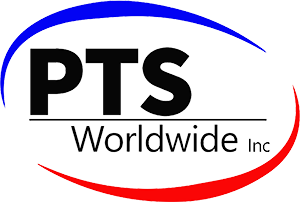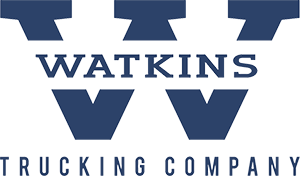Human trafficking – or modern-day slavery – is a global crime in which people are bought and sold for forced labor or commercial sex. Traffickers use violence, manipulation and false promises of work opportunities or romance to lure, control and exploit their victims. Of the estimated 50 million victims worldwide, thousands of girls, boys, women and men are trafficked for sex or labor in the U.S. and Canada.
In response to these realities, TAT recognized that trucking, along with other members of the transportation industry, were perfectly positioned in the course of their everyday jobs to provide an extra set of eyes and ears to law enforcement in helping to identify both victims and perpetrators of human trafficking. The very nature of their jobs — with their extensive travel, the variety of venues they visit, and their sheer numbers – creates opportunities for members of these industries to interact with potential victims of human trafficking regularly. They just needed training to both identify and report human trafficking when they saw it.
TAT 2023 Impact by the Numbers
235,329
TAT Trained in the U.S. and Canada this year
Learn more6,876
People toured the Freedom Drivers Project in 17 states and 2 provinces.
2,612
Law enforcement officers trained in 15 states and one province.
Learn more204
Presentations reaching 21,900 people in 37 states and 8 provinces.
10
Coalition Builds in 5 states, D.C. and 2 provinces, with 678 total attendees.
See more in our 2023 Annual Report.
Read more“Since our inception in 2009, TAT has been characterized by a commitment to scaling sustainably … extending our boundaries, stepping up and stepping out to invite more organizations, agencies and associations to play a role in the fight against human trafficking.”
Esther Goetsch
Executive Director of TAT
In the Spotlight
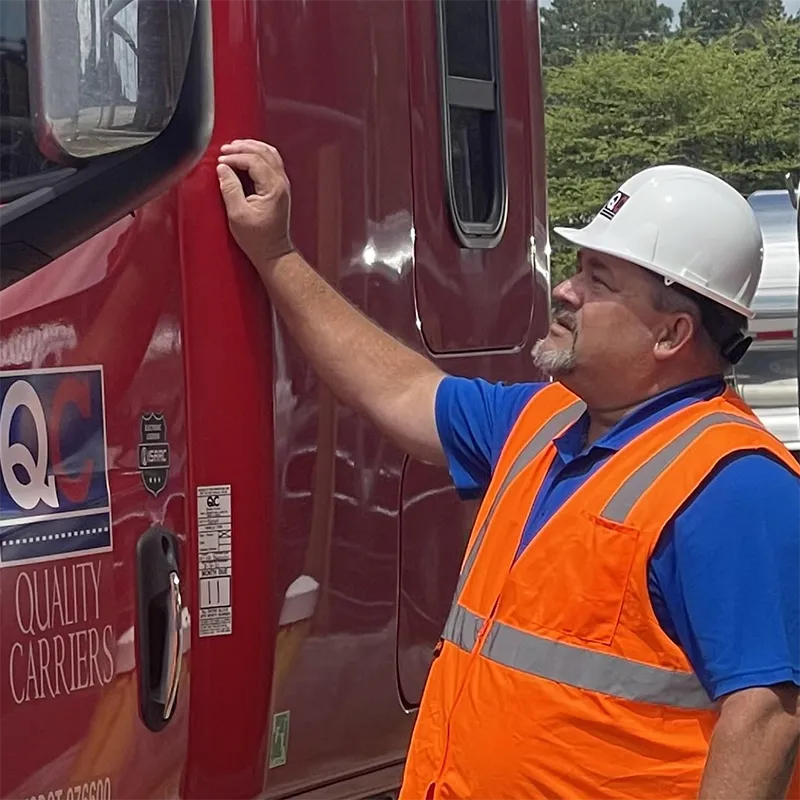
Chris Weaver
Senior Director Operations Southeast, Quality Carriers
“The training of what to look out for and behaviors of others has been very helpful, as well as learning to question things that don’t look or sound right and having the willingness to make a call and report It.”
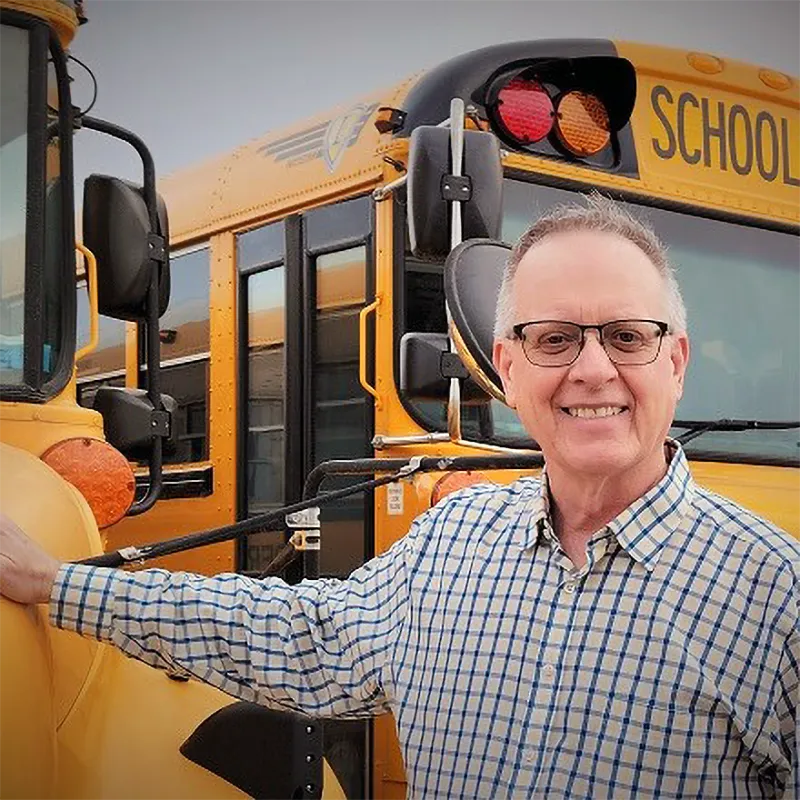
Max Christensen
Education Program Consultant, School Transportation, Iowa Department of Education
“A school bus driver’s job is to protect the children on their bus and keep them safe. With that in mind, it just seemed logical that training all of the school bus drivers in Iowa was the direction to go.”
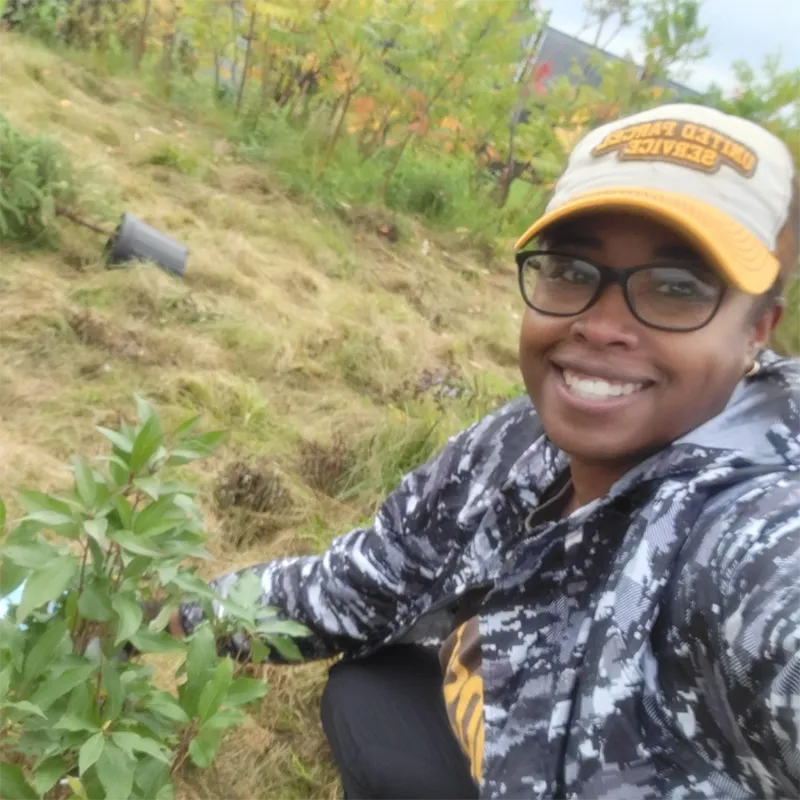
Whilna Stewart Franklin
Community Relations Director,
UPS Canada Region
“Addressing human trafficking is a critical piece of UPS’s commitment to build safer, more resilient and inclusive communities around the world. Innovative partnerships can provide opportunities for companies to be part of the solution.”
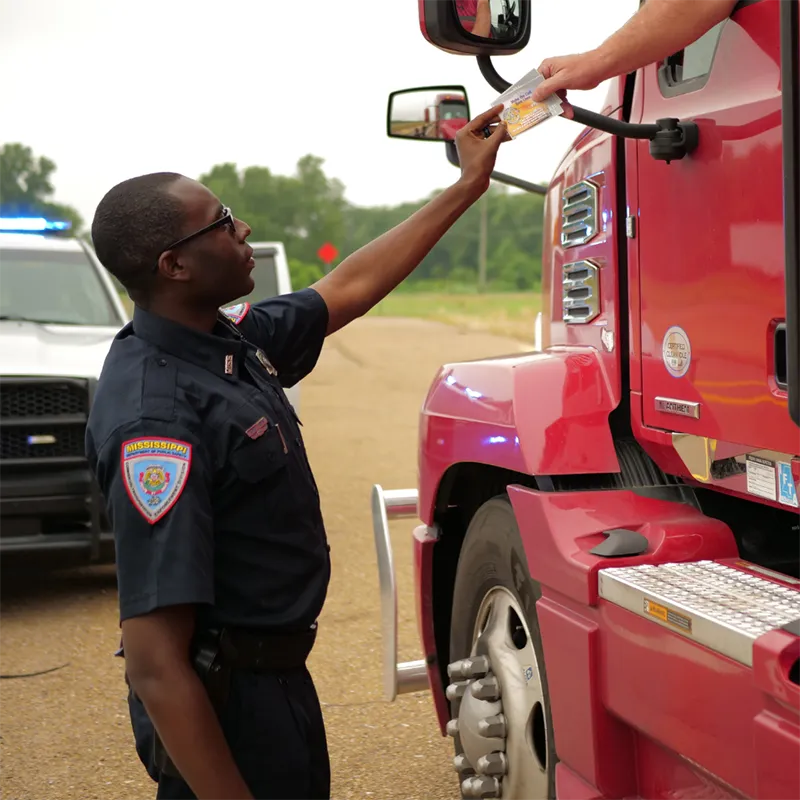
Dexavier Sturdevant
Law Enforcement Officer, Commercial Transportation Enforcement Division,
Mississippi Department of Public Safety
“I always wanted to give back to my community … my goal is to remain vigilant, save lives, provide service and make a difference in the lives I encounter daily.”
Our Partners
TAT’s partners make a real-world impact in the fight against human trafficking by enabling millions of people to receive knowledge and inspiration and move from passive bystanders to active disruptors. As TAT educates, equips, empowers and mobilizes key industries and agencies to combat human trafficking, its partners are playing a significant role in preventing and disrupting this crime. From training their workforce, to adopting policies, to posting victim-centered information, to leveraging their networks to spread awareness, to making financial contributions, TAT’s partners make this work possible.
A special thanks to our plus partners (designated with a blue border at the beginning of the categories) for choosing to support TAT with multi-year commitments.
Click on the logos to learn more about our partners.
